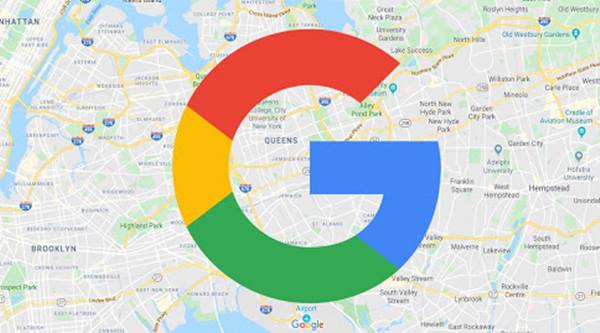This should make them empty-handed when the police come with a warrant seeking a specific person’s data. Many companies in the technology industry have similar fears of being forced by law enforcement to share sensitive data, after the recent issue of overturning Roe v. Wade’s decision on abortion rights in the US.
Google Favours Flexible Abortion Rights
The US supreme court overturning a key decision of the Roe v. Wade case from 1973 has sparked nationwide concerns. While this is purely related to the citizen (or more specifically the pregnant women) rights, big technology firms serving the end users are concerned too. Google, for example, yesterday announced that it’ll delete the location data of users’ visits to sensitive medical institutions like fertility centers, abortion clinics, and addiction treatment facilities right after the visit is done. This is to ensure that they have nothing to offer when demanded by law enforcement, basing their warrants on the recently overturned decision of the Roe v. Wade case. The law states that pregnant women should be allowed to decide their abortion rights without being barred by concerned state laws. But now, with the US supreme court overturning this rights decision, tech companies storing sensitive user data are concerned that they may be demanded to share their users’ location data by police. Thus, to avoid that, Google tuned its policies to delete this data from its servers right after the visit to such locations is done. Although, it didn’t mention how it’ll identify someone’s visits to clinics, assuring that the location tracking of a Google account is off by default and will only be collected once the user turns it on.
